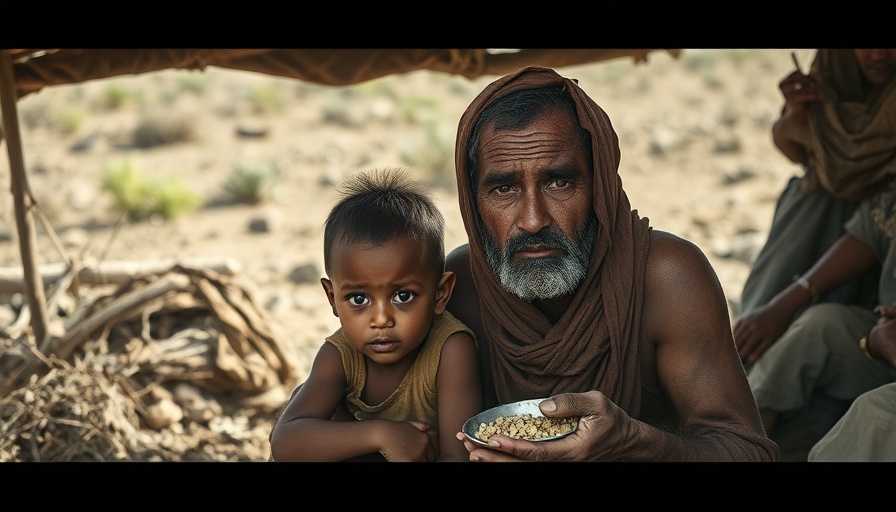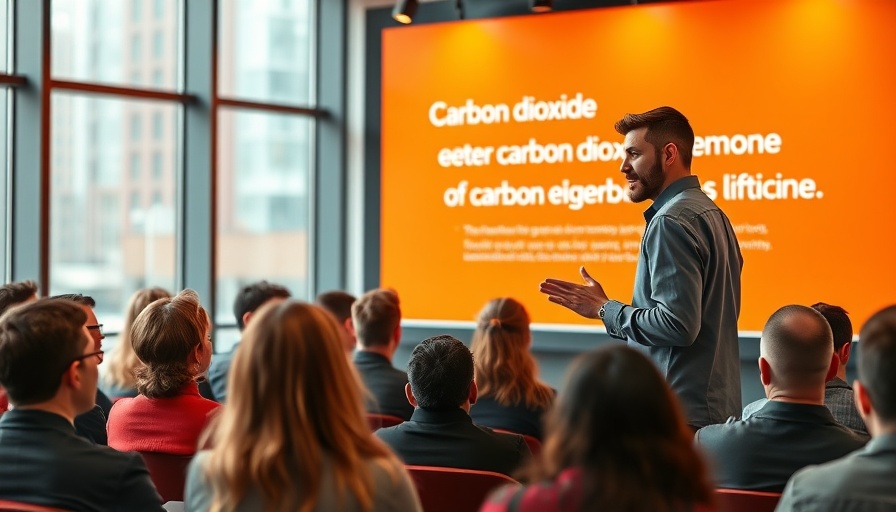
The Alarm Bell: Understanding Climate Tipping Points
As the world grapples with unprecedented climate events, the concept of climate tipping points has emerged as a crucial focus for scientists and policymakers alike. Recently, the city of Exeter hosted its second international conference on these tipping points, where experts gathered to discuss the ever-narrowing window to prevent catastrophic climate effects. According to leading scientists, human activity—especially greenhouse gas emissions—has driven global temperatures to record highs, risking numerous ecological systems reaching irreversible thresholds.
What Are Tipping Points?
Tipping points refer to specific thresholds where a slight change can lead to significant and often irreversible effects in the Earth’s systems. Prof. Tim Lenton, director of the Global Systems Institute at the University of Exeter, emphasized that such points often involve “amplifying feedbacks” that become self-propelling, leading to abrupt changes. Unfortunately, the latest conference also highlighted the grim reality that many of these tipping points are now perilously close due to human impacts.
Positive Tipping Points: A Beacon of Hope
However, the conference wasn't solely focused on grim outlooks. Scientists are also advocating for the concept of positive tipping points, where societal change can lead to substantial environmental benefits. By harnessing social movements and technology, we have the potential to propel ourselves towards a more sustainable future. This duality shows that while we face daunting challenges, there is also significant opportunity for collective action to mitigate harm to our planet.
The Call to Action at COP30
One of the essential outcomes from the conference was a clarion call for action leading up to the upcoming COP30 climate talks in Brazil. This plea urges politicians and global leaders to prioritize climate action and implement robust policies that address both mitigation and adaptation. The statement, championed by hundreds of delegates, insists on “immediate, unprecedented action” to avoid reaching critical tipping points.
Real-World Implications: Local Governance Matters
Amid the urgency, co-president of the Club of Rome, Sandrine Dixson-Decleve, stressed the importance of local governance frameworks in addressing climate change. The role of communities cannot be underestimated; grassroots movements can create feedback loops that influence decision-making at higher levels, making localized strategies crucial for global impact.
Understanding Our Impact
As environmentally-conscious individuals, understanding our ecological footprint offers an opportunity to contribute to combating climate change. This includes making conscious decisions about our consumption patterns. From adopting sustainable living practices, such as using renewable energy, to supporting businesses that prioritize environmental conservation, every action counts. Simple choices like reducing waste, using eco-friendly products, and engaging in solar power solutions can collectively contribute to significant change.
A Sustainable Future is Possible
Despite the grim warnings from scientists, the path towards sustainable practices is still open. By embracing the principles of a circular economy and advocating for social responsibility, we can collectively shift towards a more sustainable future for generations to come. Supporting green technologies and eco-friendly initiatives are not only beneficial for our planet but advocate a healthier community.
Your Role in Climate Action
Understanding climate tipping points is crucial for everyone. Taking action on an individual level—through activities such as composting, participating in community gardens, and adopting a vegan lifestyle—can help reduce overall carbon footprints. The encouragement of ethical sourcing and responsible consumption are vital components of fostering a sustainable lifestyle.
Conclusion: Move Forward with Purpose
The imminent threat of climate change highlights the need for urgent action. Whether through personal lifestyle changes or advocacy for policy changes, every step contributes towards sustainability. As the world approaches the critical conference in Brazil, it is imperative that individuals, communities, and leaders reflect on their impact and strive for solutions that ensure a healthier planet for all.
 Add Row
Add Row  Add
Add 



Write A Comment